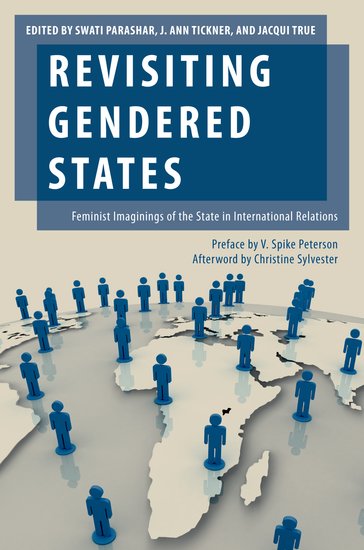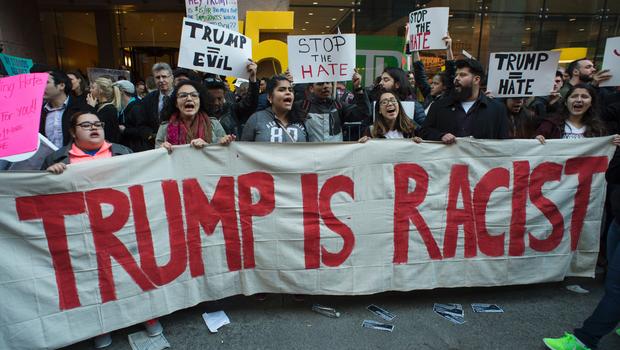A new book symposium launches today, in which guest contributors consider Katharine Millar’s Support the Troops: Military Obligation, Gender, and the Making of Political Community (Oxford, 2022). Katharine is an Assistant Professor in the Department of International Relations at the London School of Economics. Her broad research interests lie in examining the gendered cultural narratives underlying the modern collective use of force. Her on-going research examines gender, race (particularly whiteness), militarism, and contemporary populism(s); gender and cybersecurity; and the politics of hypocrisy. Dr. Millar has also published on female combatants, gendered representations of violent death, military and civilian masculinity, and critical conceptions of militarism. Support the Troops won the 2023 Canadian Political Science Association Prize and received honourable mention in the 2023 LHM Ling First Book Prize from the British International Studies Association.
Commentaries will follow all this week, with a rejoinder from Katharine at the end.
There are two(ish) stories to tell about my recent book, Support the Troops: Military Obligation, Gender, and the Making of Political Community. Both are true. The first is the fairly classic identification of a social scientific puzzle. A variety of surveys show that in the years following the invasions of Iraq and Afghanistan, some reasonably large portion of citizens of the invading coalition states regularly thanked military personnel for serving in wars they themselves opposed. On its face, that seems surprising – a new iteration on the social scientific preoccupation with why people act inconsistently (or, if you like, though I wouldn’t put it this way, irrationally).
The second story is about being a teenager in rural Canada at the time of the invasion of Afghanistan. I watched the deployment of enlisted young men and the sudden, accompanying proliferation of yellow ribbons and calls to “support the troops” (StT). Back then, I was upset by the idea that to care for people you knew, you had to sign off on a war against people far away. From the perspective of the present, I see how our social relations were inflected by the war, as love for specific deployed young men, and concern for their families, came to be expressed in the display of symbolism assimilated to support for the military. Those practices arguably provide a fairly simple response to the first puzzle. People support the troops because they feel they should, because they love and care for military personnel, because they live in community. People support the troops because it seems right.
That last bit brings me to another, perhaps less salutary story (story three? story 2.5?) about the framing of my argument. When I began the research that would become the book, academic and policy experts were politely skeptical that “supporting the troops” was interesting or important. As with people in my hometown, it seemed obvious to them that, in the context of a contested war, people would support the troops. In their reading (note how I’m sneaking the alternative explanation in early), supporting the troops was just an epiphenomenon of the unpopularity of the war in Iraq. In hindsight, the iteration of normalized morality of supporting the troops across my Canadian hometown and my professional academic context in the UK speaks to the hegemony and blurry, transnational boundaries of StT, as well as its entanglement with liberal democracy. At the time, though, I was just mad. And a significant motivation for the project became establishing that “supporting the troops” mattered as a distinct socio-political phenomenon in its own right.
Continue reading


 This is a guest post from
This is a guest post from  In our final post centring on the US presidential inauguration,
In our final post centring on the US presidential inauguration, 
